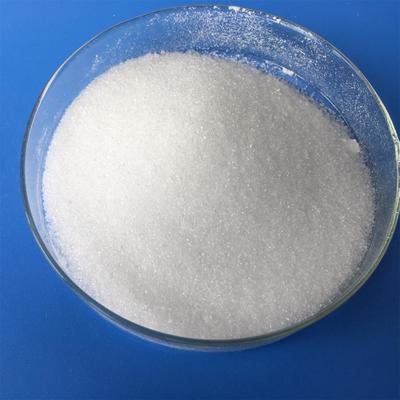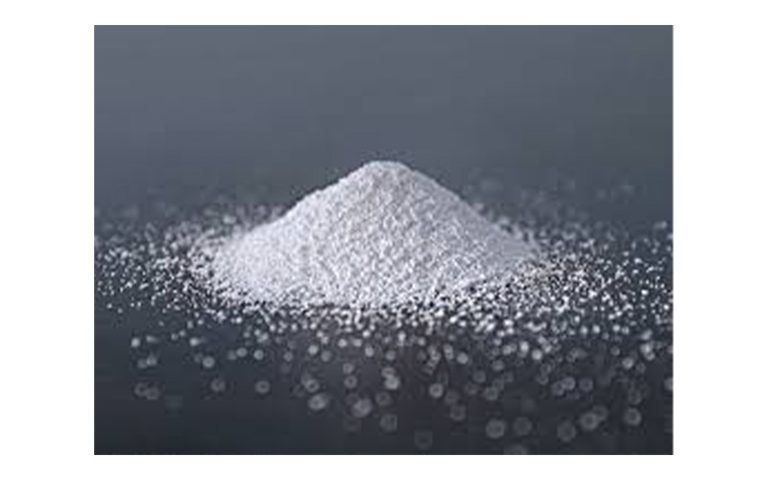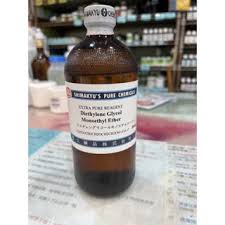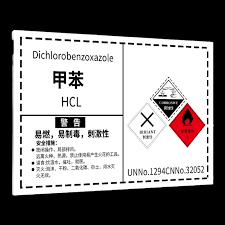Is Sodium Lauryl Sulfate Bad for Skin?
What Is Sodium Lauryl Sulfate (SLS)?
SLS is a surfactant, a type of substance designed to break through grease and oil. It’s found in countless household and personal care items, making it a key component of many people’s daily routines. But as its presence in products grows, so does the debate about its potential side effects.
Chemical Composition and Function
At its core, SLS is a molecule with a hydrophilic (water-loving) head and a lipophilic (oil-loving) tail. This unique structure allows it to mix oil and water, helping to remove dirt and oil from skin and surfaces. Its foaming properties are why it’s often added to soaps, shampoos, and toothpaste – people associate lather with cleanliness.
If you’re interested in digging deeper into the properties of SLS, this detailed article on SLS’s uses and safety is a great source of information.
Common Products Containing SLS
You’ll find SLS in a wide array of toiletries and cleaning products, including:
- Shampoos and conditioners
- Body washes and soaps
- Toothpaste
- Facial cleansers
- Household cleaning detergents
Its ability to break down oily residues and create a satisfying foam is why SLS is used so extensively. But not all products use it, especially those marketed as being “gentle” or free from harsh chemicals.

Potential Effects of Sodium Lauryl Sulfate on Skin
With its omnipresence in personal care products, SLS frequently comes into contact with our skin. So, what does the evidence say about its effects?
Skin Irritation and Sensitivity
Studies have shown that SLS can strip your skin of its natural oils, which are essential for keeping your skin hydrated and healthy. This can lead to irritation, redness, and dryness, particularly if the product is left on your skin for too long. For instance, warm water combined with SLS can make irritation worse, but these effects typically disappear once you stop using products containing SLS. Learn more about how SLS affects skin.
Impact on Skin Barrier Function
Your skin acts as a barrier, protecting you from external irritants and locking in moisture. Research suggests that SLS can weaken this barrier, especially with repeated use, making your skin more vulnerable to irritants and dryness over time. Keeping your skin barrier intact is crucial for overall skin health.
SLS and Sensitive Skin Types
Not everyone reacts to SLS the same way. For those with sensitive skin or conditions such as eczema, rosacea, or psoriasis, the stripping effect of SLS can aggravate their symptoms. Many dermatologists recommend avoiding SLS if you’re prone to sensitivity or if your skin frequently feels tight or dry after washing.
For a closer look at why SLS is particularly challenging for sensitive skin, check out this article discussing the downsides of SLS.
Should You Avoid SLS?
The answer depends largely on your skin type and how often you use products containing SLS. For people with normal, non-reactive skin, SLS in low concentrations is generally considered safe. However, if you struggle with ongoing dryness, irritation, or sensitive skin, opting for SLS-free products might be the better option. There are plenty of alternatives out there, including sulfate-free shampoos and cleansers.
The key is understanding your skin’s needs and choosing products accordingly. If you notice any irritation or discomfort after using SLS-containing products, switching to sulfate-free options is an easy way to see if that helps. Want further insights? This reminder on SLS from 100 Percent Pure provides some effective alternatives and tips on what to look for in gentler formulations.
China and chemical raw material suppliers, welcome to inquire,Contact us:https://www.yuhanchemi.com/contact
.






